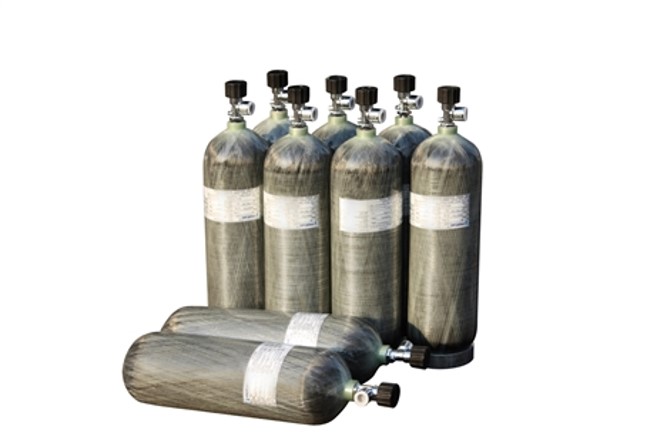
Composites epoxy refers to a class of polymer compounds containing two or more epoxy groups in their molecular chain structure. It belongs to the class of thermosetting resins, with the representative resin being bisphenol A type composites epoxy.
The standalone composites epoxy has very low application value; it needs to be used in conjunction with a curing agent to be practically valuable.
High bonding strength: Among synthetic adhesives, composites epoxy adhesives have a top-ranking bonding strength.
Low curing shrinkage rate: Among adhesives, composites epoxy glue has the smallest shrinkage rate, which is also one of the reasons for its high cured adhesion. For example, phenolic resin glue: 8-10%; organic silicon resin glue: 6-8%; polyester resin glue: 4-8%; composites epoxy glue: 1-3%. If modified composites epoxy glue is used, the shrinkage rate can be reduced to 0.1-0.3%.
Good chemical resistance: The ether groups, benzene rings, and aliphatic hydroxyls in the curing system of specialty epoxy resins are not easily corroded by acids and bases. These materials can be used for two years in seawater, petroleum, kerosene, 10% H₂SO₄, 10% HCl, 10% HAc, 10% NH₃, 10% H₃PO₄, and 30% Na₂CO₃; for six months at room temperature immersion in 50% H₂SO₄ and 10% HNO₃; and for one month immersion in 10% NaOH (100 °C) with properties remaining unchanged.
Excellent electrical insulation: Composites epoxy has a breakdown voltage greater than 35kv/mm. 6. Good processability, stable product dimensions, good durability, and low water absorption. While bisphenol A type composites epoxy has many advantages, it also has some drawbacks:① High operational viscosity, which can be inconvenient for use② The cured material is brittle with low elongation③ Low peel strength④ Poor resistance to mechanical and thermal shock.
Coating industry: Composites epoxy is used in the coating industry in the largest quantities. Currently, widely used types include water-based coatings, powder coatings, and high-solid coatings. It is widely used in pipeline containers, automobiles, ships, aerospace, electronics, toys, crafts, and other industries.
Electronics and electrical appliances industry: Composites epoxy can be used in electrical insulation materials, such as sealing and potting of rectifiers and transformers; sealing and protecting electronic components; insulation treatment and bonding of electromechanical products; sealing and bonding of batteries; surface coating of capacitors, resistors, and inductors.
Hardware accessories, crafts, sports goods industry: Can be used on nameplates, jewelry, trademarks, hardware, rackets, fishing gear, sports goods, crafts, etc.
Electronics and electrical appliances industry: Material Tetra composites epoxy can be used in electrical insulation materials, such as sealing and potting of rectifiers and transformers; sealing and protecting electronic components; insulation treatment and bonding of electromechanical products; sealing and bonding of batteries; and surface coating of capacitors, resistors, and inductors.
Construction industry: It is also widely used in roads, bridges, floors, steel structures, buildings, wall coatings, dams, engineering construction, and relic restoration.
Field of adhesives, sealants, and composites: Such as bonding of wind turbine blades, crafts, ceramics, glass, and other materials, composite of carbon fiber boards, sealing of microelectronic materials, etc.